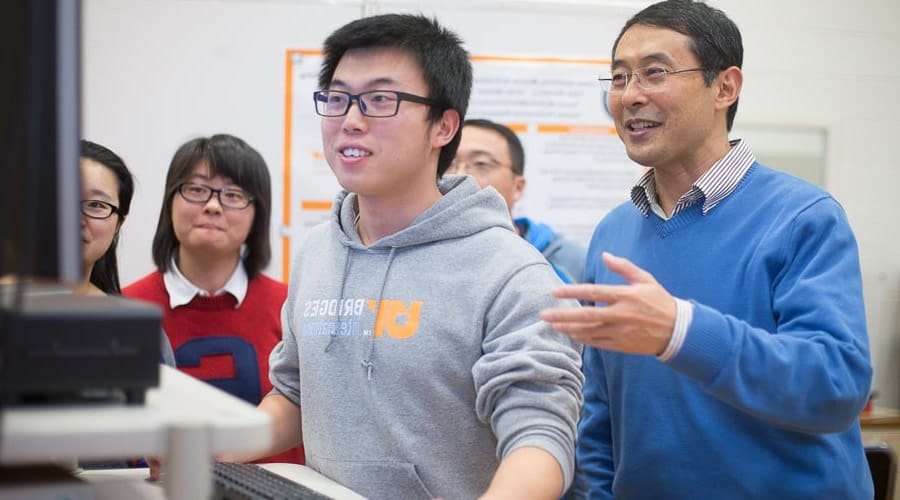
The Sociology of Health and Illness : A Critical Approach Essay
Section 1
In the chapter 12 of the book The Sociology of Health and Illness: A Critical Approach by Rose Weitz, I have found some interesting information for me. I’m interested in acupuncture that is considered to be one of the oldest forms of healing. According to the historical data, “its recorded history goes back 2,000 years, with strong pre-historical evidence going back to the Bronze Age”(Weitz 310). I am sure that acupuncture, as a traditional Chinese medicine, is really an effective method to cure different diseases. Moreover, it is interesting to learn that acupuncture is based on the theoretic approach that chi flows freely through the human body and provides balance between yin and yang. The most interesting fact is that most Chinese healers are sure that symptoms and diagnoses are of no importance, and their major goal is to unblock chi.
Section 2
Chapter 12 provides information about mainstream and alternative healthcare providers. Special attention is paid to the history of nursing, the history of pharmacy, the development of osteopathy, and the role of alternative healthcare providers in contemporary medicine. The author discusses changing gender roles and professionalization in nursing, structural changes in nursing, and the status of advanced practice nurses. In addition, the author discusses the role of pharmacy in medicine and the role and growth of clinical pharmacy. Special attention is paid to the development of osteopathy and the rise of interest in this medical science. In the section Alternative Healthcare Providers, Rose Weitz describes the major characteristics of alternative medicine, its advantages and disadvantages. In addition, there is much information about chiropractors, curanderos, acupuncturist, including the history of chiropractic, the current status of chiropractors, the history of curanderos and acupuncture, etc. In this chapter, the author highlighted the major factors that help different healthcare occupations “to gain professional autonomy in the face of medical dominance” (Weitz 312)

